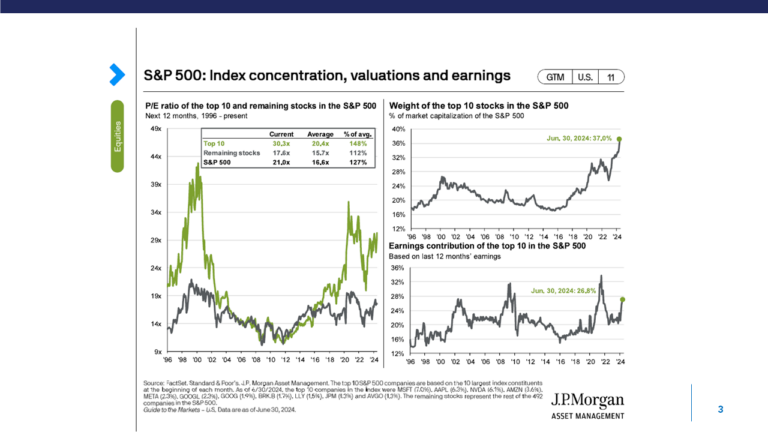Retirement is a relatively new concept and before 1960, it didn’t really exist for most people. We’re still getting used to the idea of living off our savings during the golden years. This also begs the question “How much can I safely spend from my savings without running out of money in retirement?’
Unfortunately, we cannot answer this question perfectly because we don’t know three very important things about the future:
- How long are you going to live?
- What annualized return will your money earn in retirement?
- In what sequence will you get these returns?
Many people have said they will simply “live off the interest” in retirement. Well, if you ladder a bunch of five year CDs you’re talking about 2.25% interest or $22,500 on $1 million in savings. Oh, and don’t forget that the latest inflation rate according to the Bureau of Labor Statistics is 1.7% for the 12 months ending in July 2017. This means your “real return” is actually $5,500 on your $1 million dollars in savings. Not much to live off of I’d say.
A more prudent approach would be to build a diversified portfolio of stocks and bonds in an attempt to earn higher returns through retirement. In 1994, William P. Bengen did a study published in the Journal of Financial Planning to try to determine a safe withdrawal rate over a 30 year retirement period. His research concluded, after evaluating data all the way back to 1926, that a safe withdrawal rate for a portfolio with a 50/50 stock-to-bond allocation would be 4% a year, no matter when you started. This was the birth of the 4% rule.
If we use that rule we can create some useful barometers:
$200,000 = $8,000/year
$500,000 = $20,000/year
$750,000 = $30,000/year
$1 Million = $40,000/year
Retirees can use this simple estimate to determine how much they might be able to withdraw from their portfolio each year in retirement. Keep in mind, this is not a guarantee but a useful guideline. Couple this with any pension and Social Security benefits you may receive and you can figure out how much income you might have in retirement.
Above all, the most important number to know in retirement is your living expense needs. Without a good handle on this number, no amount of retirement planning will be useful.
Steven Elwell, CFP®
Partner & Vice President


